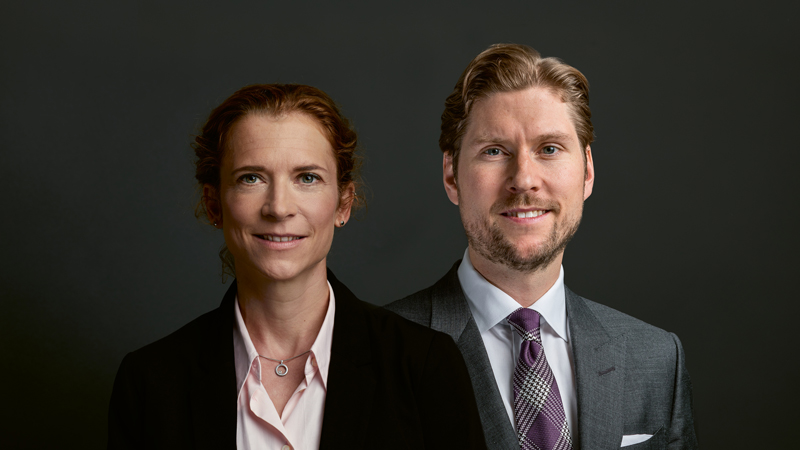Paying off your mortgage? Real estate affordability
Originally published at 27/09/2021 Tempo di lettura: 2 minuti
As mortgage interest rates are on the rise again, one age-old question is becoming increasingly urgent: What is the best mortgage for your home? If it’s too high, it may be difficult to finance it after retirement. If it’s too low, a lot of cash is tied up, causing taxation to increase unnecessarily. © Video: Vontobel
As the owner of a property you live in, one question will arise at some point: Can I afford my mortgage long term? Even after I retire? Find helpful guidelines to determine the best mortgage level for you.
How much of my mortgage should I pay off?
As retirement draws nearer, a number of things in life will change – including finances. New OASI and pension fund income is around 30 to 40 percent lower than the previous salary. Does that mean you have to tighten your purse strings to cover the fixed costs of your home in the long term? The good news first: There are some interesting optimization options for fixed costs.
What does “fixed costs” mean?
All properties involve fixed costs. These include:
- Mortgage interest
- Costs involved in paying off your mortgage
- Incidental expenses
The following benchmark can be used: These fixed costs should not total more than one third of your gross income.
To this day, many financial institutions use an imputed interest rate of five percent per year, even though actual interest rates are lower. The purpose of this is also to give you security – so you can better cope with any increase in interest rates. Incidental expenses are usually calculated on top of this as one percent of the property value.
Affordability is calculated as a ratio of income to fixed costs. The following tips provide an overview of how home ownership can be financed long term:
4 tips for a mortgage in old age:
We would be happy to advise you
Real estate issues are complex. It’s best to get comprehensive advice early on. We would be happy to review your individual situation and give you a non-binding assessment.
Chiamaci:
|
 |
Richiedere un colloquio personaleCompila il modulo di contatto per fissare un appuntamento. |
 |
Inviare un’e-mailSaremo lieti di rispondere alle vostre domande per iscritto. |







